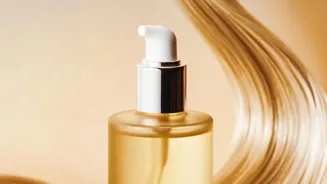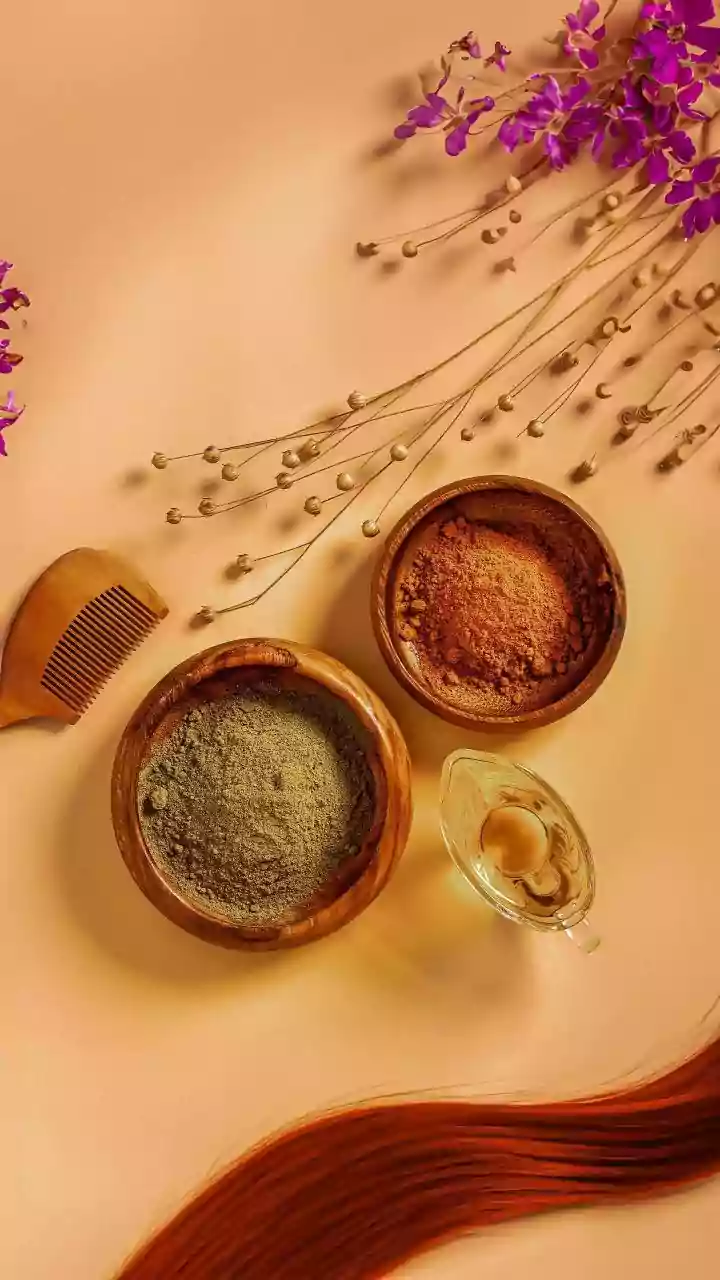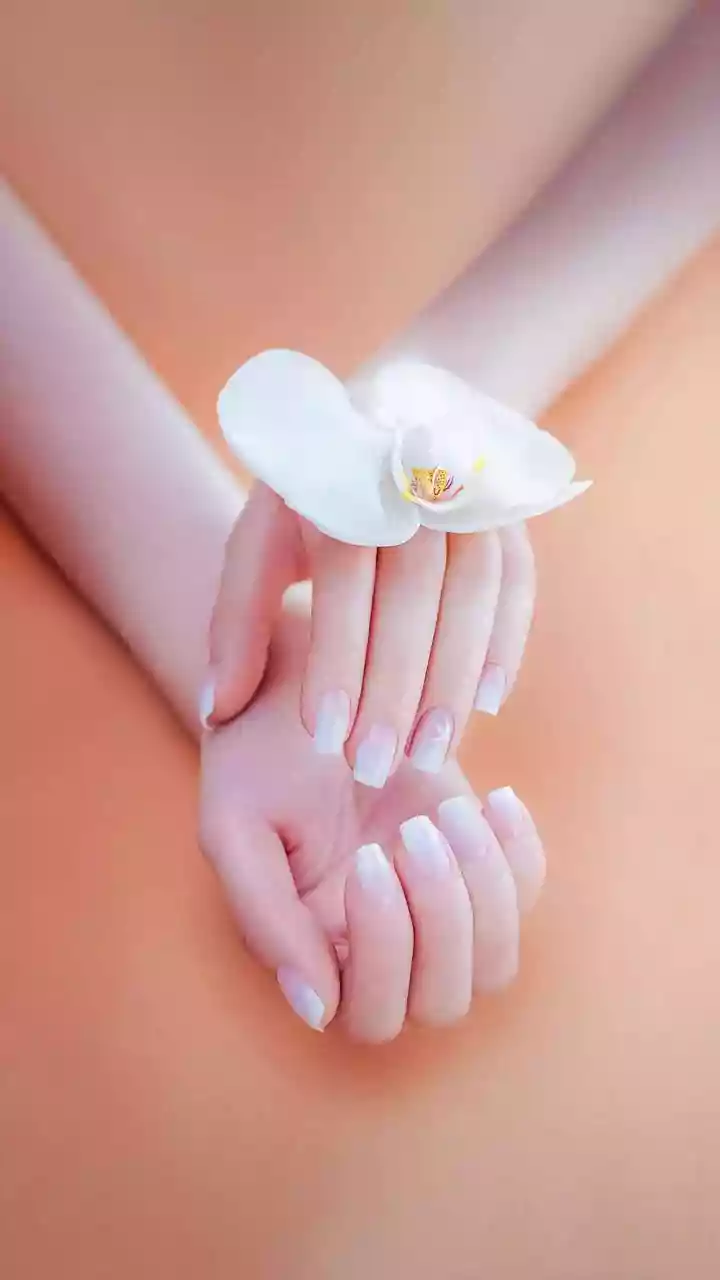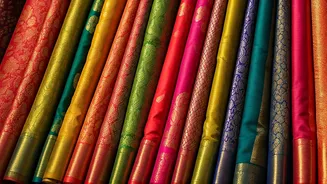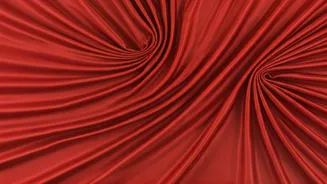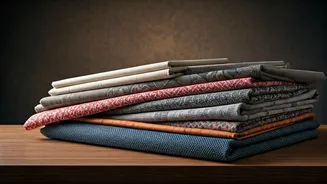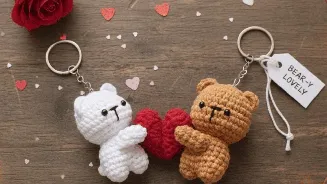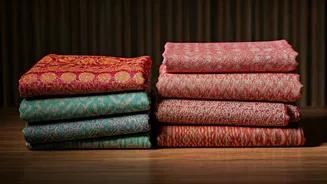Unlock the Secret to Gorgeous Hair: 6 Desi Haircare Hacks! Dive into a blend of tradition & modernity for healthy locks
In the bustling landscape of India, where tradition meets modernity, hair care often
takes a backseat. The harsh climate, pollution, and hectic lifestyles can leave our precious locks looking dull, damaged, and lifeless.
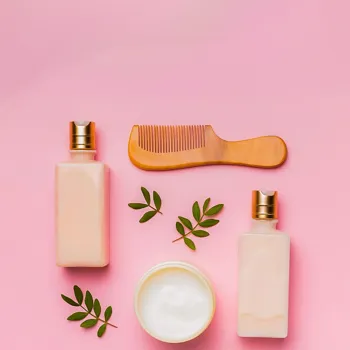
But fret not, because achieving healthy, lustrous hair is not an impossible dream. With a blend of time-tested home remedies and modern techniques, you can revitalize your tresses and flaunt a mane that's the envy of all.
Here are six simple yet effective haircare hacks, tailored for the Indian context, to help you unlock the secret to gorgeous hair.
Oil is Gold: Embrace the Power of Champis
Our grandmothers knew best, and their wisdom regarding oiling the hair holds true even today. Champis, or hair oil massages, are an integral part of Indian haircare, and for good reason. Regular oiling nourishes the scalp, strengthens hair follicles, and promotes hair growth.
Opt for oils like coconut, almond, or amla, known for their beneficial properties. Warm the oil slightly before application, and massage it gently into your scalp using circular motions. This improves blood circulation, reduces stress, and ensures that the oil penetrates deeply.
Leave it on for at least an hour, or preferably overnight, before washing it off with a mild, sulfate-free shampoo. Remember, consistency is key. Aim to oil your hair at least twice a week to reap the full benefits.
To combat dryness, add a few drops of glycerine to your oil mix, especially during the winter months. For those struggling with dandruff, try using tea tree oil diluted in coconut oil, as it has antifungal properties.
Oiling not only improves hair health but also provides a relaxing and therapeutic experience, allowing you to unwind and de-stress after a long day. So, embrace the power of champis and watch your hair transform from dull and lifeless to healthy and radiant.
Nature's Goodness: DIY Hair Masks for the Win
Forget expensive salon treatments; nature has provided us with a treasure trove of ingredients that can work wonders for our hair. DIY hair masks are a fantastic way to nourish, hydrate, and repair damaged hair. For dry and brittle hair, try a mask made with mashed banana, honey, and olive oil.
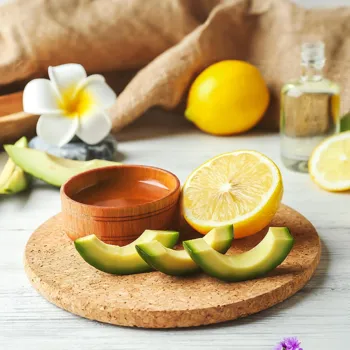
Bananas are rich in potassium and natural oils that help to moisturize and soften hair. Honey is a humectant, meaning it draws moisture from the air into the hair, while olive oil provides essential fatty acids that nourish and strengthen the hair shaft.
If you're battling oily scalp, a mask made with multani mitti (Fuller's earth), lemon juice, and rose water can help to absorb excess oil and leave your scalp feeling clean and refreshed.
Multani mitti is a natural clay that has excellent absorbent properties, while lemon juice helps to control oil production and rose water soothes the scalp. For hair growth, try a mask made with fenugreek seeds (methi), yoghurt, and curry leaves.
Fenugreek seeds are rich in protein and nicotinic acid, which stimulate hair growth, while yoghurt contains probiotics that promote a healthy scalp. Curry leaves are packed with antioxidants that help to prevent hair damage and promote hair thickness.
Apply these masks to your hair and scalp, leave them on for 30-45 minutes, and then rinse thoroughly with lukewarm water.
Gentle Cleansing: Choose the Right Shampoo
In the quest for clean and healthy hair, choosing the right shampoo is crucial. Harsh sulfates, often found in commercial shampoos, can strip your hair of its natural oils, leaving it dry, brittle, and prone to breakage.
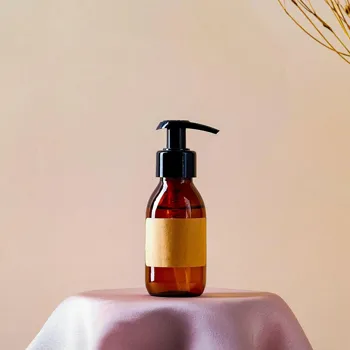
Opt for a mild, sulfate-free shampoo that gently cleanses your hair without causing excessive dryness. Look for shampoos that contain natural ingredients like aloe vera, reetha, or shikakai, known for their gentle cleansing and conditioning properties.
Consider your hair type when choosing a shampoo. If you have oily hair, look for a shampoo that is specifically formulated for oily hair types, as it will help to control oil production and prevent your hair from looking greasy.
If you have dry or damaged hair, choose a moisturizing shampoo that will help to replenish moisture and repair damage. Pay attention to the ingredients list and avoid shampoos that contain harsh chemicals like parabens, silicones, and artificial fragrances.
These ingredients can build up on your hair over time, making it look dull and lifeless. When washing your hair, focus on cleaning your scalp, as this is where most of the dirt and oil accumulate.
Massage the shampoo gently into your scalp using your fingertips, and then rinse thoroughly with lukewarm water. Avoid using hot water, as it can dry out your hair and scalp.
Detangling with Care: A Crucial Step
Detangling hair, especially after a hair wash, is a crucial step, but it needs to be done with utmost care. Wet hair is more prone to breakage, so avoid brushing your hair immediately after washing it.
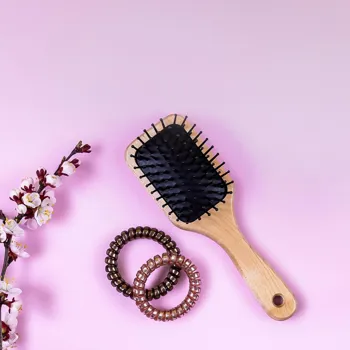
Use a wide-toothed comb to gently detangle your hair, starting from the ends and working your way up to the roots. Avoid pulling or tugging at knots, as this can cause hair breakage and damage. If you encounter a particularly stubborn knot, apply a detangling spray or serum to help loosen it.
Detangling sprays and serums contain ingredients that help to lubricate the hair shaft, making it easier to detangle without causing damage. For curly or frizzy hair, consider using a leave-in conditioner to provide extra slip and moisture, making detangling easier.
Regularly trimming split ends can also make detangling easier, as split ends tend to snag and tangle more easily. After detangling, braid your hair loosely to prevent it from tangling overnight. Using a silk or satin pillowcase can also help to reduce friction and prevent tangling while you sleep.
Remember, patience and gentleness are key when detangling your hair. Avoid rushing the process, and take your time to ensure that you are not causing any unnecessary damage. By detangling your hair with care, you can prevent breakage, reduce frizz, and promote healthy hair growth.
Heat Protection: Your Hair's Best Friend
In today's world, where hairstyling tools like straighteners, curlers, and blow dryers are commonplace, heat protection is more important than ever. Excessive heat can damage your hair's protein structure, leading to dryness, breakage, and split ends.
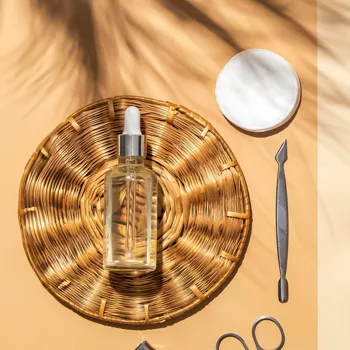
Always apply a heat protectant spray or serum before using any heat styling tools. Heat protectants create a barrier between your hair and the heat, minimizing damage. Choose a heat protectant that is specifically formulated for your hair type.
If you have fine hair, opt for a lightweight formula that won't weigh your hair down. If you have thick or coarse hair, choose a heavier formula that will provide more protection. When using heat styling tools, always use the lowest heat setting possible.
Avoid holding the tool in one place for too long, as this can cause localized damage. Try to limit your use of heat styling tools to special occasions, and embrace your natural hair texture whenever possible.
Air-drying your hair is a healthier alternative to blow-drying, and it can also help to enhance your natural waves and curls. When blow-drying your hair, use a diffuser attachment to distribute the heat more evenly and prevent damage.
Diet and Hydration: Nourishment from Within
Beautiful hair starts from within. A balanced diet rich in vitamins, minerals, and protein is essential for healthy hair growth. Include plenty of fruits, vegetables, and whole grains in your diet. Ensure you are getting enough protein, as hair is primarily made of protein.
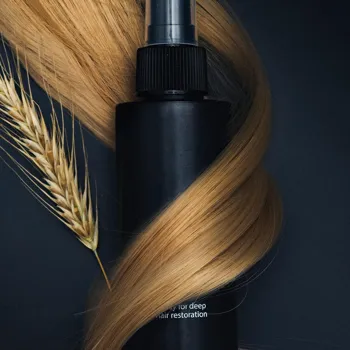
Good sources of protein include lentils, beans, chickpeas, nuts, and seeds. Some vitamins and minerals that are particularly important for hair health include biotin, iron, zinc, and vitamin D. Drink plenty of water throughout the day to keep your hair hydrated from the inside out.
Dehydration can lead to dry, brittle hair that is prone to breakage. Avoid crash diets or restrictive eating patterns, as these can deprive your body of essential nutrients and negatively impact your hair health.
If you are concerned about nutritional deficiencies, consider taking a multivitamin or hair growth supplement. However, it's always best to consult with a doctor or registered dietitian before starting any new supplements. Remember, healthy hair is a reflection of overall health.
By nourishing your body from within, you can promote strong, shiny, and healthy hair that radiates beauty.
AI Generated Content. Glance/InMobi shall have no liability for the content